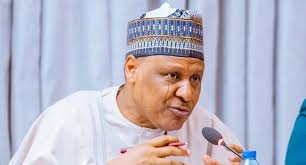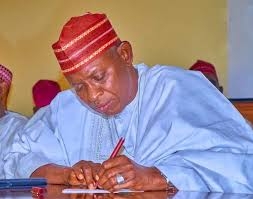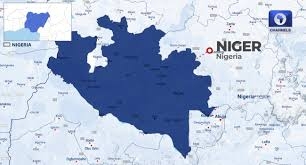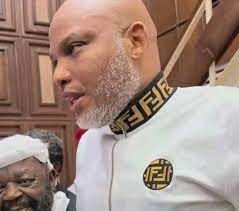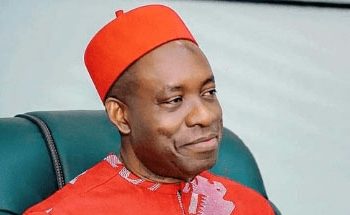ABUJA — Nigeria’s Minister of Information and National Orientation, Mohammed Idris, has refuted reports attributing to him a prediction that the All Progressives Congress (APC) would control 30 governorships by 2027, leaving only six to opposition parties.
In a statement clarifying remarks made at last week’s Progressives Governors’ Summit for Commissioners of Information in Maiduguri, Borno State, Idris said he never issued such a partisan forecast. He noted that any such projection was made by APC National Chairman, Prof. Yilwatda Nentawe, not by him.
“As spokesperson of the Federal Government, I could not have made that statement,” Idris said, distancing himself from the claim.
Addressing commissioners at the summit, Idris urged tighter, fact-based information management amid what he described as a “coordinated disinformation operation” targeting Nigeria’s stability and global standing. He said narratives branding Nigeria a “genocide destination” were meant to incite panic, undermine unity and deter vital investment.
“We must refuse to amplify the terminology of our detractors,” he said, calling for proactive messaging “grounded in verifiable facts” about ongoing efforts to improve security and cohesion. He urged the creation of a “united information front” with governors, traditional rulers, community leaders and civil society to counter falsehoods with data, expert testimony and stories of inter-ethnic cooperation.
Idris highlighted the upcoming UNESCO Media and Information Literacy Institute in Abuja as a “national priority” to bolster digital forensics, debunking and content production capacity across state information teams. He also previewed the National Values Charter, to be unveiled by President Bola Tinubu, describing it as a unifying platform to “infuse patriotism, protect the country and citizens, and unify around one indivisible country.”
On the administration’s record, Idris said President Tinubu’s reforms are aimed at restoring macroeconomic stability and investor confidence. He cited removal of fuel subsidy, a market-driven FX regime, rising non-oil exports, a positive trade balance and foreign reserves “above $42 billion,” alongside Q2 2025 GDP growth of 4.23%. He pointed to expanded federal allocations to states, a student loan scheme reaching over 600,000 beneficiaries, creation of regional development commissions and a Ministry of Livestock Development, as well as ongoing power-sector efforts that saw an all-time high generation of 5,801 MW in March 2025 and plans for grid decentralisation.
“The task before us is to communicate progress credibly and consistently,” Idris told the commissioners. “This moment demands discipline, coordination and a shared commitment to Nigeria’s unity and prosperity.”


